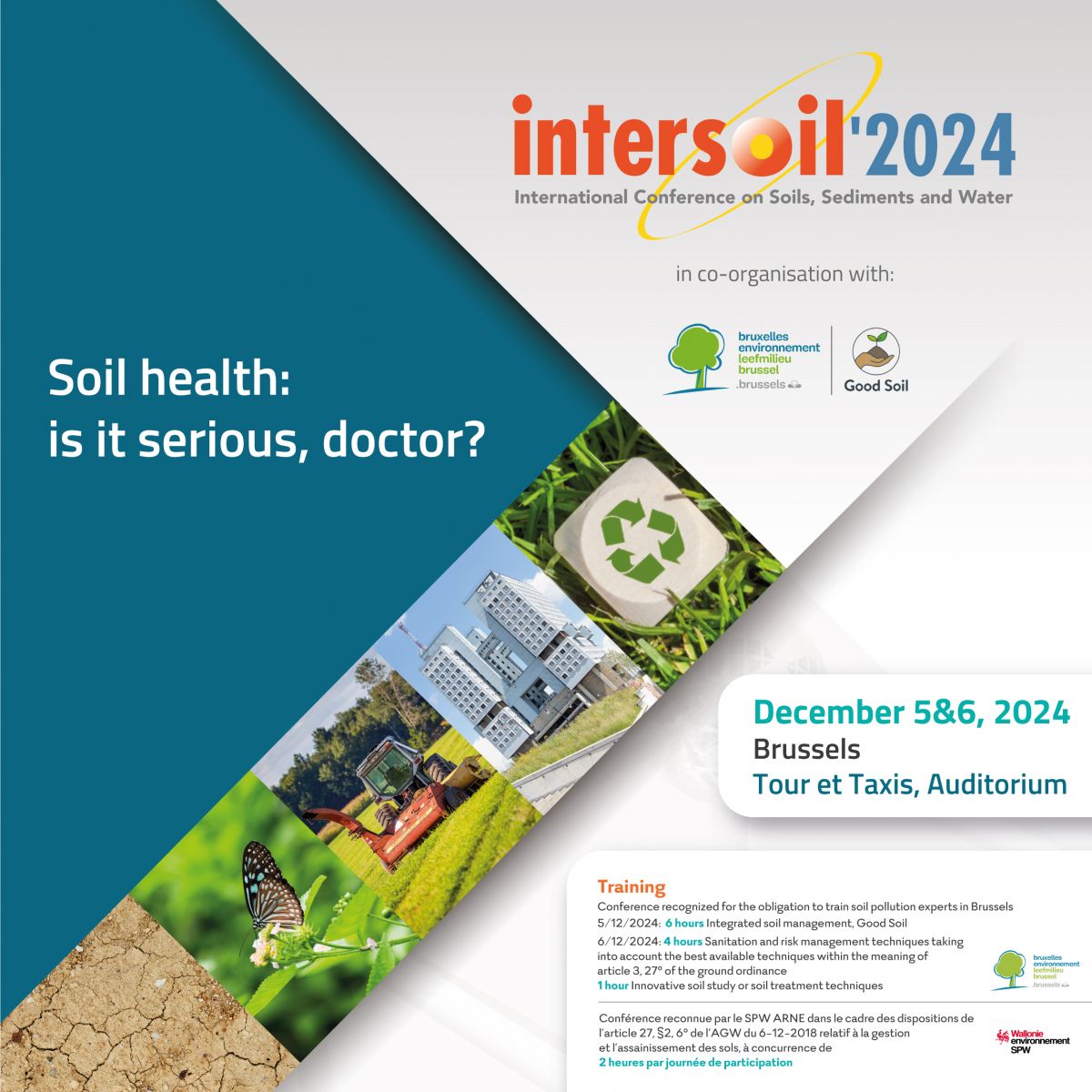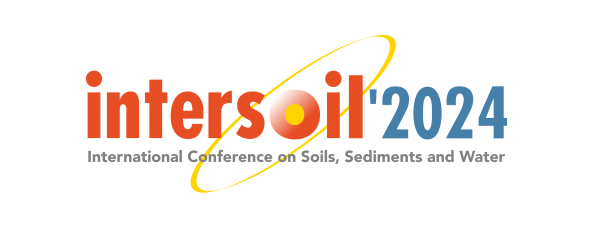
Call for papers
Deadline : September 13, 2024
Summary
Soil
health: is it serious, doctor?
We tread on it
every day, it is part of our daily life but we still too often forget to take
it into account. However, the soil is essential. It plays a vital role as a
substrate for crops, allows the infiltration and filtration of rainwater and
stores atmospheric carbon. Soil is home to more than 25% of all biodiversity on
the planet and forms the basis of food chains that nourish humanity and surface
biodiversity. Soil also constitutes the largest reservoir of carbon interacting
with the atmosphere. This characteristic, combined with their sponge function
to absorb water and reduce the risks of flooding and drought, makes soils an
essential ally for adaptation to the effects of climate change. Its quality or,
on the contrary, its degradation can have an impact on our health, our
environment and our economy.
In the European Union, 60 to 70% of soils are degraded and this costs €50
billion per year. It is the future of Europe itself which is threatened. This
is why the European Commission has developed an ambitious strategy for the
protection and sustainable management of soils by 2030. This strategy aims to
be holistic and integrated and addresses all soil threats: erosion, compaction,
salinization, acidification, waterproofing, pollution, loss of organic matter,
nutrients and biodiversity, desertification, etc. According to the European
Soil 2030 strategy, 100% of soils must be healthy by 2050. It considers that it
is not possible to succeed in other European strategies, notably those relating
to food and biodiversity, nor even to achieve carbon neutrality in 2050 without
a real sustainable and integrated land management policy. A European directive
on soil monitoring and resilience is currently being discussed within the 27
Member States, under the Belgian presidency, and aims to translate the
recommendations of the Soil 2030 strategy into a series of binding actions for
all 27 member states.
Since 2/5/2024, the Brussels-Capital Region has
officially had its own Good Soil strategy. Indeed, the Brussels Government has
decided, after numerous consultations with all stakeholders, to protect its
soils and restore those which are already degraded by 2050. In particular, the
Government wishes to limit the artificialization of soils and is launching a
technical and financial feasibility study. In their approaches, the Commission
and the Brussels-Capital Region introduce the notion of healthy soils and the
ecosystem services that soils provide us. The notion of soil health has been
defined as follows: soils whose chemical, biological and physical
characteristics allow it to permanently provide a maximum of ecosystem services
(food production, carbon storage, regulation of the water cycle, support for
biodiversity, etc.).
The Walloon and Flemish Regions are already very
active in sustainable land management and numerous projects have seen the light
of day there, also in line with the strategies of the Commission and the
Brussels-Capital Region.
On December 5 & 6, in Brussels, Intersoil 2024
will be a unique opportunity to meet the players at the heart of these
developments.
It is this challenge that this 5th edition of
Intersoil, carried out in partnership with Bruxelles Environnement, invites you
to take on.
We are interested in your feedback!
themes
▬ 6 major themes ▬
① How to objectify the
notion of soil health?
Keywords: Quality indices /
ecosystem services / land use / the right soil for the right use / Land use
planning and urbanization / citizen involvement /
others,...
② How to apply circular
economy principles to soils?
Keywords: Valorization /
Secondary raw material / Resource management / Exit from waste status / Reuse
of land / excavated soil / Reconstituted soil / Bio-organic waste / Aggregates
from construction waste / Recovery of nutrients in wastewater, others, ...
③ How to achieve zero
net land artificialization?
Keywords: Urban sprawl /
Building the city on the city / Brownfield / Urban and architectural
developments / Soil permeability / Reasonable and economical management of
spaces / Ecosystem services / Rehabilitation of wastelands / urban recycling /
urban soils / “Stop concrete”, others,…
④ Soils and Biodiversity
Keywords: Bioindicators /
Vegetated spaces / Renaturation / Green infrastructure / Green flow in cities /
Species and environments encountered in wastelands / Phytomanagement /
Agroecology / Urban and landscape developments / Knowledge of species, others,...
⑤ What practices can be
used to sustainably manage soils?
Keywords: Renaturation /
Dewatering / fight against erosion / Landscape fragmentation / Green cities /
Treatment of polluted soils / Sustainable agronomic treatments / Sustainable
agricultural techniques / Organic farming / Agroecology / Voluntary guidelines, others,…
⑥ How to sustainably
manage soil pollution?
Keywords: Sustainable treatment
/ Carbon borrowing / Innovative techniques / In situ techniques / PFAS, others,…
Application


